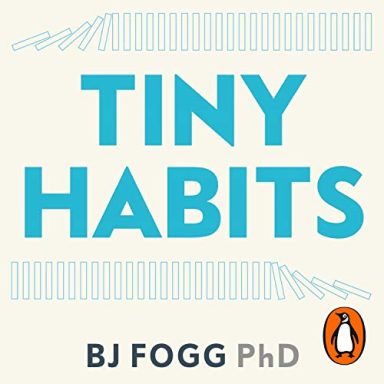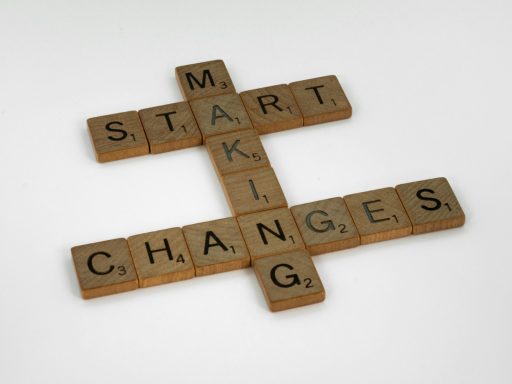Transform Your Life with Tiny Habits
This Book gives you the keys to behaviour change
Unlock Your Potential with Tiny Changes
At Keys to Transformation' we believe that true change stems from the small, consistent actions we take every day. Inspired by BJ Fogg's groundbreaking book 'Tiny Habits', we explore how tiny changes can lead to monumental growth in both personal and professional realms.
📘✨ Tiny Habits – Summary of Key Concepts
Author: Dr. BJ Fogg (Founder of the Behaviour Design Lab at Stanford)
Main Idea: You don’t need motivation to build habits. You need a system that makes habits easy, small, and emotionally rewarding._
1. 🧠 Tiny is Powerful
Tiny is mighty, because it’s how our brains wire habits best.
Fogg’s central idea is that massive change doesn't require massive effort. You begin with a habit so small it feels almost laughable:
- 1 push-up
- 1 deep breath
- sentence in your journal
Once you’ve done the “tiny version,” you’re free to do more — but the win is in the consistency, not the size.
2. 🧩 The Behaviour Formula
B = MAP
Behaviour = Motivation + Ability + Prompt
For any behaviour to happen, three things must converge:
- Motivation – your emotional drive in that moment
- Ability – how easy it is to do
- Prompt – the trigger or cue that reminds you to act
Fogg emphasizes: Don't rely on motivation (because it fluctuates). Instead, design behaviours that are:
- Easy
- Well-timed
- Emotionally rewarding

3 Anchor New Habits to Existing Ones
“After I [existing habit], I will [new tiny behaviour].”
This is Fogg’s anchor method. You tie your new habit to something you already do automatically:
- After I brush my teeth → I’ll floss one tooth.
- After I boil the kettle → I’ll do one mindful breath.
- After I open my laptop → I’ll say one affirmation.
The anchor creates a reliable prompt.
4. 🎉 Emotions Create Habits, Not Repetition
“We change best by feeling good, not by feeling bad.”
The brain wires in behaviours through emotion, not logic. So the key is to celebrate immediately after your habit — even if it’s tiny. Fogg suggests:
- Smile, say “Yes!” or pump your fist.
- Feel proud — on purpose.
This emotional charge tells your brain:
“This is a good behaviour. Do it again.”
.
5. 🧬 Habits Grow Naturally Once Planted
The difference between try and triumph is just a little umph.
Fogg calls tiny habits seed habits. You’re not forcing a full transformation; you’re planting a habit seed in fertile ground. Once established, these tiny actions naturally grow into bigger routines.
Example:
- 1 push-up grows into a workout habit.
- 1 gratitude thought becomes a journaling practice.
- 1 deep breath becomes a daily meditation ritual.
The key is to start tiny, and let success snowball.






